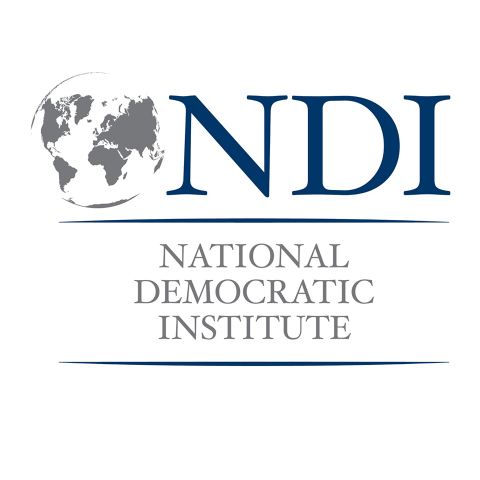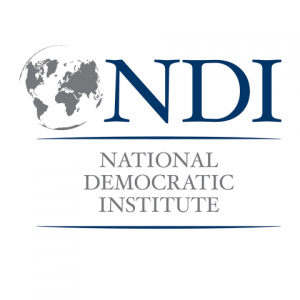Georgian Politicians Assess NDI Poll Results
Poll results released by the National Democratic Institute (NDI) and CRRC Georgia on Wednesday were followed by varied assessments from the opposition and the ruling Georgian Dream (GD) politicians.
The results of the political part of the survey read that 92% of Georgians assert that living in a democracy is important, and a majority believes a western-style democracy is best for the country.
46% of the interviewed people stated that Georgia is a democracy, while 43% claim the opposite.
NDI notes that this lack of belief in Georgian democracy is at its highest since 2013. The results are worst in Tbilisi, with 53% saying Georgia is not a democracy.
In addition, Georgians do not believe they have significant influence over their country’s decisions, with 36% saying they have no say in decisions, and 14% believing that they have a lot.
Regarding the performance of the government, half of the respondents assessed it as bad and 44% as good, with more negative assessments in Tbilisi (60%).
Parliament has a worse evaluation, with 71% reporting that the body is dominated by political bickering, 55% saying it has failed to put forward important policies, 57% believing it is poorly organized and inefficient, and 63% saying it fails to investigate important matters.
“Georgians also do not see their MPs as qualified, working hard for the country, behaving in an ethical manner, or being inclusive. Only 28% can name their majoritarian representative,” the survey reads.
When it comes to political parties, only 13% believe the parties represent the interests of the citizens. 27% say that the ruling Georgian Dream (GD) party is closest to them, followed by the United National Movement (UNM) at 12%, and European Georgia (EG) and Alliance of Patriots both at 3%.
52% say they are undecided about how they would vote in an election tomorrow. In a future vote, GD has 24%, the UNM 11%, and Alliance of Patriots 3%.
Furthermore, the majority of Georgians believe there is some corruption in all government structures: state institutions, police, local government, prosecutor’s office, courts, parliament, ministries, and political parties. In all bodies, the majority points to nepotism as the main type of corruption.
One of the leaders of the UNM, Grigol Vashadze, says he fully trusts the NDI polls, which have “made it clear that politicians need to have more communication with society.”
“The results of the poll raised serious discussions throughout the whole political spectrum because it is obvious that people are disappointed in politicians,” he said.
Gigi Ugulava, one of the leaders of the parliamentary minority European Georgia, says the survey shows how acute corruption is in Georgia.
“The erosion of democracy is also alarming. The majority of the population says that we are not living in a democratic country. This is a direct result of informal governance,” he said, referring to Bidzina Ivanishvili, GD founder and Chair.
However, the ruling party disagrees with the survey results. Maia Tskitishvili, Minister of Regional Development and Infrastructure of Georgia, says she does not trust the NDI research.
“I greatly respect NDI as an institutionally strong partner of democratic development but I would like their surveys to be more reliable… Not only is the fight against corruption very active, but also the prevention of corruption too. We have no reason to worry in this regard," said Tskitishvili.
The results reflect data collected from December 6-20, 2018, through face-to-face interviews with a nationwide representative sample of Georgia’s adult population, excluding occupied territories, that included 2,205 completed interviews.
By Thea Morrison
Image source: NDI












